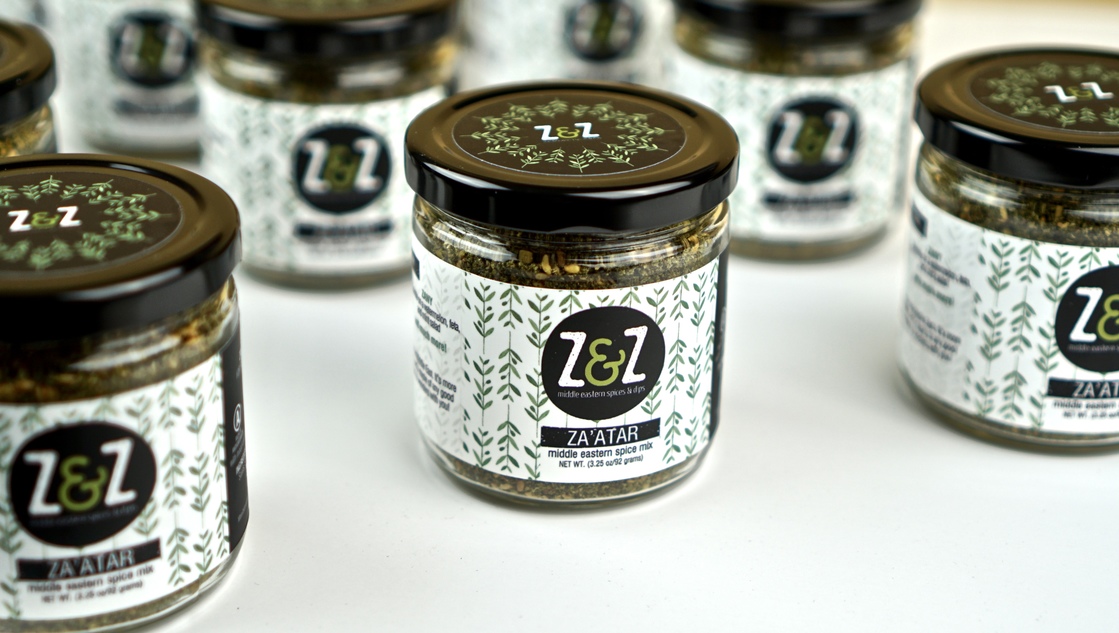The Quest for Za’atar
We were determined to find the best za’atar like our parents grew up eating. This quest for authenticity led us to the mountains of Jenin, Palestine where the thyme grows wild.
Palestinians claim there is a distinct difference in taste between wild za’atar and the cultivated variety. Rural farmers in the Jenin district have been collecting za’atar for generations, for domestic consumption as well as for sale in the cities. Many Palestinians will tell you that the most savory za’atar comes from the Jenin region.
Thyme is said to be a plant ‘powerfully associated with Palestine’. Za'atar has historical significance for Palestinians, some of whom see the presence of za'atar as the signifier of a Palestinian household.
“A close friend of mine once came to my house and stayed overnight. In the morning we had breakfast, which included yogurt cheese (labneh) with a special herb, za’atar. This combination probably exists all over the arab world, and certainly in Palestine, Syria, and Lebanon. But my friend said: “There, you see. It’s a sign of a Palestinian home that it has za’atar in it.’
-Edward Said, The Politics of Dispossession. The struggle for Palestinian Self-Determination
Our dedication to authenticity means preserving this traditional spice blend while finding creative ways to bring real good za’atar to more people. To do this we work with a cooperative of Palestinian farmers to source the best za’atar -- savory, tangy, and aromatic -- straight from the Middle East to you!

